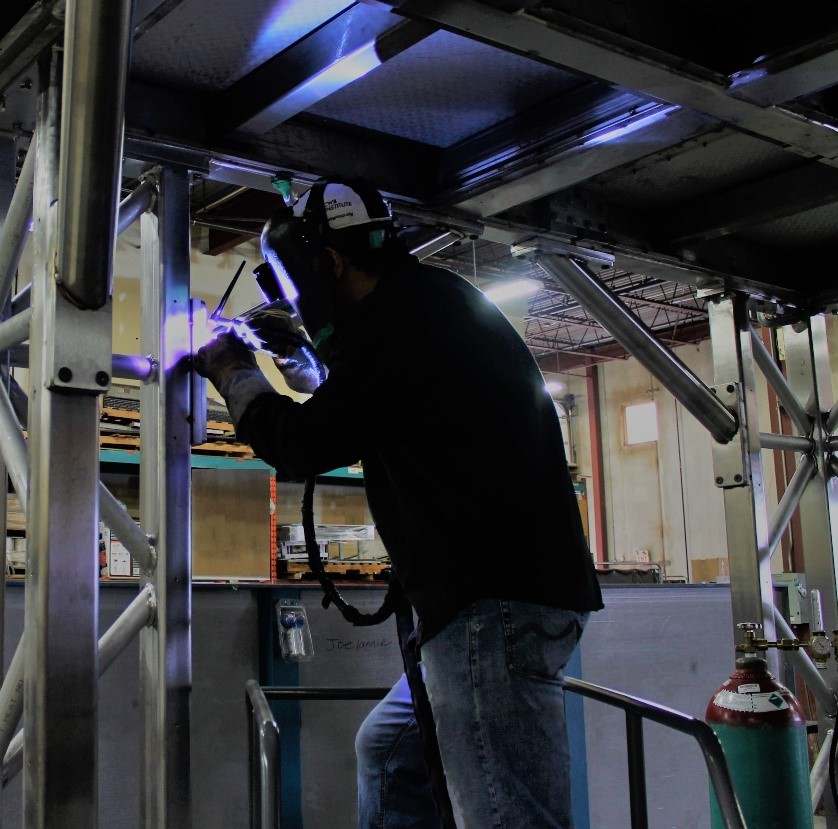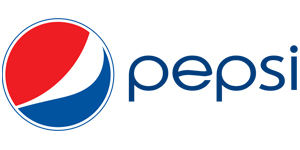Stainless Steel: A Versatile and Durable Metal
Stainless steel is a family of iron alloys that contain chromium, which gives them their distinctive corrosion resistance. This property, along with its strength, durability, and aesthetic appeal, makes stainless steel a popular choice for a wide range of applications.
Key Properties of Stainless Steel:
- Corrosion Resistance: Stainless steel is highly resistant to rust, pitting, and other forms of corrosion, even in harsh environments.
- Strength and Durability: It is a strong and durable metal that can withstand heavy loads and wear and tear.
- Aesthetic Appeal: Stainless steel has a sleek, modern appearance that complements various design styles.
- Low Maintenance: It is relatively low-maintenance compared to other metals, requiring minimal cleaning and upkeep.
- Food Safety: Stainless steel is non-toxic and safe for use in food preparation and storage.
Common Types of Stainless Steel:
- 304: The most common type, offering good corrosion resistance and formability.
- 316: Provides excellent resistance to chloride corrosion, making it suitable for marine and coastal environments.
- 430: A ferritic stainless steel with good formability and heat resistance.
Applications of Stainless Steel:
- Architecture: Structural components, cladding, railings, and decorative elements.
- Kitchen and Bath: Sinks, countertops, appliances, and fixtures.
- Industrial Equipment: Machinery, tanks, piping, and tools.
- Food Processing: Food processing equipment, utensils, and storage containers.
- Medical Devices: Surgical instruments, implants, and equipment.
- Automotive and Aerospace: Components, trim, and exhaust systems.
In conclusion, stainless steel is a versatile and durable metal that offers numerous benefits. Its corrosion resistance, strength, and aesthetic appeal make it a popular choice for a wide range of applications, from everyday household items to critical industrial components.







